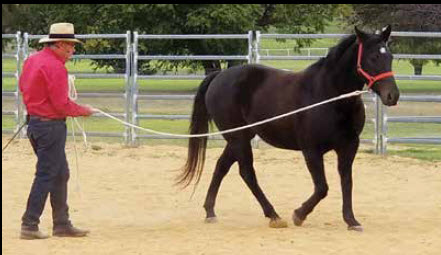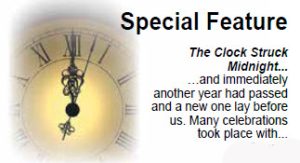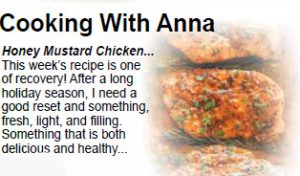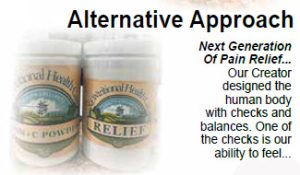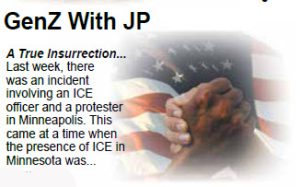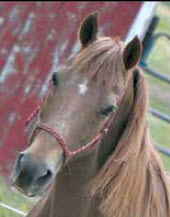 By: Deb Kitchenmaster
By: Deb Kitchenmaster
I grew up with words such as: “We need to break that horse”; “That horse is well broken.” What did that mean? Usually, it was another way to state the condition of the horse, whether it was rideable or not. When one looks up the word break, it means to separate or cause to separate into pieces as a result of a blow, shock, or strain; to separate into parts especially suddenly or forcibly. Another definition is to interrupt (a sequence, course, or a continuous state). How interesting. Now let’s parallel the word train with the word break. The word train refers to the action of teaching a person or animal a particular skill or type of behavior. It is the action of undertaking a course of exercise and diet in preparation for a sporting event.
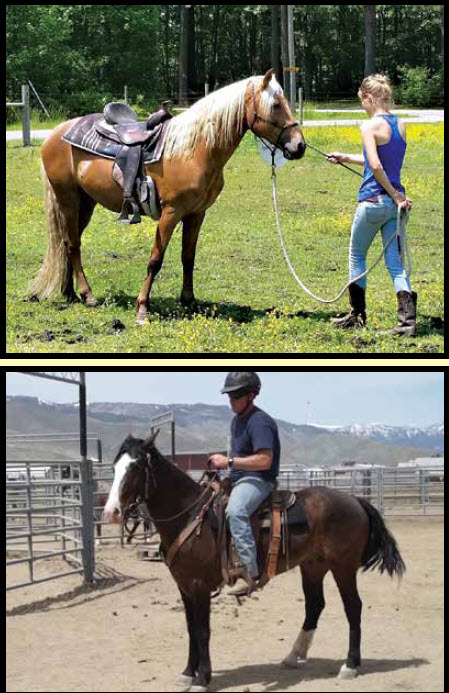
According to their definitions, there appears to be a different energy between breaking and training, doesn’t there? My experience, back in the day, was pretty much observing ‘cowboy up.’ It was about proving who is boss. It was about dominance and being in control. There was quite a display of ‘ego.’ Ego happens to be a domesticated horse’s worst enemy (predator). What a difference between the energy of teaching when it comes to training rather than the energy of force that is exhibited in breaking.
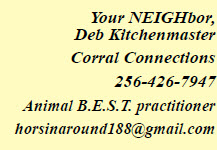 Let’s examine what our focus is on when it comes to these two words: breaking/training. With breaking a horse, it’s usually about getting on the back of a horse and ‘let her buck.’ It’s about staying (balanced) on the back of the horse until the horse stops bucking and the horse realizes your intention is to position yourself on its back whether the horse likes it or not. The communication between the horse and the human is that the human is in control and is the boss (not the leader) and he (the horse) must submit. In training, the focus is on connecting or becoming partners. The library of training holds volumes of understanding — understanding the horse. How safety or self-preservation in the horse dominates his responses. How single-mindedness is crucial within your communication line. How to be a leader to this true follower. Actions energized with purpose to set your horse up for success. Knowing when to stop and how far to proceed each time you are together; knowing each time you are together both of you (horse and human) are going to take something away from the time spent with each other. There’s quite a difference between breaking a horse verses training a horse, isn’t there? Let’s choose the action of training over breaking.
Let’s examine what our focus is on when it comes to these two words: breaking/training. With breaking a horse, it’s usually about getting on the back of a horse and ‘let her buck.’ It’s about staying (balanced) on the back of the horse until the horse stops bucking and the horse realizes your intention is to position yourself on its back whether the horse likes it or not. The communication between the horse and the human is that the human is in control and is the boss (not the leader) and he (the horse) must submit. In training, the focus is on connecting or becoming partners. The library of training holds volumes of understanding — understanding the horse. How safety or self-preservation in the horse dominates his responses. How single-mindedness is crucial within your communication line. How to be a leader to this true follower. Actions energized with purpose to set your horse up for success. Knowing when to stop and how far to proceed each time you are together; knowing each time you are together both of you (horse and human) are going to take something away from the time spent with each other. There’s quite a difference between breaking a horse verses training a horse, isn’t there? Let’s choose the action of training over breaking.
Now let’s step outside the horse corral into the arena of human beings interacting with humanity. Like horses we are social beings. We interact with each other at different levels and in various environments. Are you in a place where your questions are welcomed? You need to be. Questions are invitations to communication, understanding, and connecting, to name three. If you are not in a place where your questions are welcomed without shame, please hit the ‘pause’ button. Get your emotional compass out and locate YOU and go from there. Are you in a group where it’s all about ‘right’ and ‘wrong’ or is it about your individual ‘YES’ and ‘NO’? Because if it’s about right and wrong, you are being broken and not trained in KNOWING your own voice, your yeses and your nos. Let’s look at one more thing before we go. The Word of God. Jesus asks three questions in the book of Matthew, Chapter 11. “Are you tired?” “Are you worn out?” “Are you burned out on religion?” After these questions, he extends an invitation to you personally. “Come to me. Get away with me, and you will recover your life. I’ll show you how to take a real rest. Walk with me and work with me — watch how I do it. Learn the unforced rhythms of grace. I won’t lay anything heavy or ill-fitting on you. Keep company with me, and you will learn to live freely and lightly.” In the book of 1 Timothy, Chapter 4, it says, “All Scripture is God-breathed and is useful for…training in righteousness, so that the servant of God may be thoroughly equipped for every good work.”
Enjoy your walk,
Your “NEIGH” – bor,
Deb Kitchenmaster


